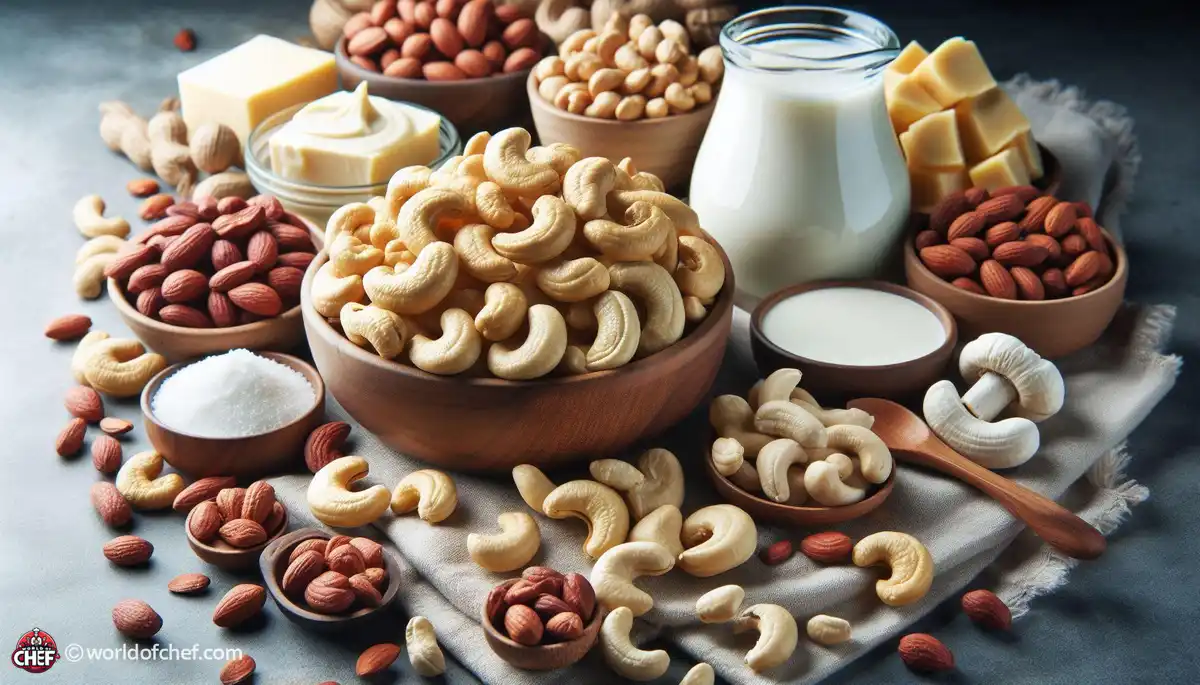
All About Cashews: Health Benefits and Culinary Uses
Wayne Tobar - Mar 23, 2025 - 6 min read

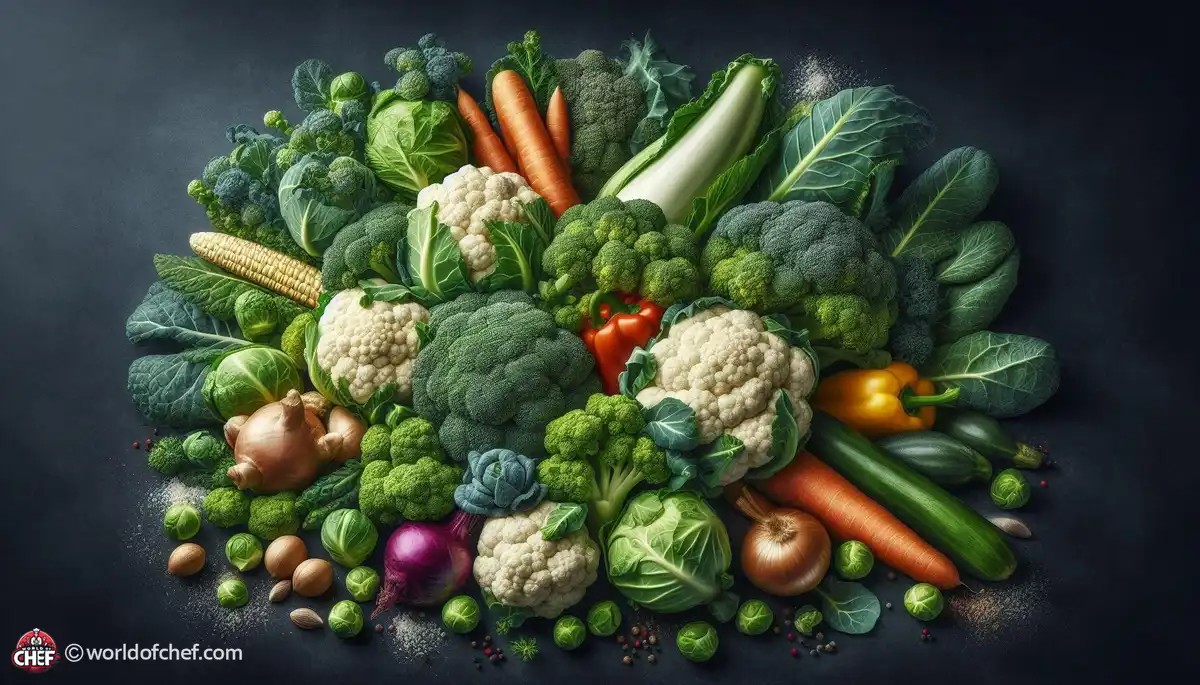
Cruciferous vegetables, or Brassicaceae, form a diverse group of veggies identified by their characteristic shape resembling a cross. Familiar favorites in this family include broccoli, cauliflower, kale, Brussels sprouts, cabbage, and bok choy. What distinguishes these veggies, however, is not merely their shape but also an exceptional nutritional profile and potential Health Benefits.
The rich array of vitamins, minerals, and phytochemicals gives cruciferous vegetables the status of nutritional powerhouse. Cruciferous vegetables contain essential nutrients such as vitamin C, vitamin K, folate, and potassium, hence are considered very suitable as an adjunct to a diet. They also have low-calorie and low-carb content, but high in fiber, hence can be a fantastic choice for those wanting to have a healthy weight while keeping their digestive system healthy.
In addition to their nutritional benefits, cruciferous vegetables contain strong phytochemicals such as glucosinolates and sulforaphane, responsible for many of the health benefits derived from consumption. Glucosinolates are a class of sulfur containing compounds that give these vegetables their bitter taste whereas sulforaphane is an effective antioxidant due to its anti-inflammatory property. Sulforaphane has recently been the focus in many studies that look into cancer prevention and treatment and how it can be used to treat this multifactorial disease. Therefore, there may be an interesting aspect in studying cruciferous vegetables on oncology.
Chronic inflammation has been known to play a contributing role in the initiation and development of cancers. Cruciferous vegetables contain potent anti-inflammatory compounds, such as sulforaphane, which could potentially help in reducing chronic diseases such as cancer due to their inhibition of inflammation in the body.
Another way through which cruciferous vegetables influence the prevention of cancer is the ability of these foods to increase detoxification pathways within the body. Glucosinolates-a group of compounds rich in these vegetables-are enzymatically transformed in the body into bioactive products that stimulate the body's detoxification process, thus removing potentially carcinogenic substances. The antioxidant properties of sulforaphane and other phytochemicals may neutralize free radicals to protect cells from oxidative damage that can cause cancer.
Hormonal imbalance is another risk factor for breast and prostate cancer. Cruciferous vegetables contain compounds, which may be useful for maintaining a level of hormones in the body, mainly estrogen. A compound has been identified in cruciferous vegetables, which seems to modify estrogen metabolism in order to decrease the chances of hormone-related cancers.
Various epidemiological studies have analyzed the consumption of cruciferous vegetables and risk of cancer. The results are somewhat variable by specific type of cancer under examination; in aggregate, however, they suggest an inverse relationship between increased levels of consumption of cruciferous vegetables and reduced incidence of lung, colorectal, prostate, and breast cancers. These studies could be useful for population-based efforts at cancer prevention.
Laboratory research has also shed light on the mechanisms of action of the anticancer effects of cruciferous vegetables. Cell culture and animal studies have been performed to ascertain the growth inhibitory effect of sulforaphane and related compounds on cancer cells, induction of apoptosis in cancer cells, and suppression of tumor formation and progression. Though it is still too early to extrapolate these findings to humans, promising results are obtained along with justification for the inclusion of cruciferous vegetables in a diet aimed at preventing cancer.
There are ongoing clinical trials that try to evaluate the effect of eating cruciferous vegetables for cancer prevention and treatment. These trials will likely lead to more robust evidence related to the ability of these vegetables to prevent cancer and offer better treatment outcomes in individuals with cancer. Clinical trials are still ongoing, but to date, preliminary results suggest a positive impact of adding these vegetables to the diet of patients, such as affecting markers of cancer risk and progression.
Adding more cruciferous vegetables to your diet is not a chore and does not have to be boring either. With a little bit of creativity in the kitchen, you can enjoy the richness of these great vegetables in plenty of delicious ways. Roasted Brussels sprouts, cauliflower rice, kale salads, and broccoli stir-fry will be normal things for you. You see, the opportunities are countless. Try different ways and Flavor Combinations to identify the best recipes for you using cruciferous vegetables.
Include cruciferous vegetables in your meal planning as a way of ensuring proper intake. Stock up on fresh and frozen options that will allow you to easily include them in your recipes. Use cruciferous vegetables as the base ingredient in some meals or blend them into existing soups, stews, or casseroles. This vegetable, therefore, can be integrated into the general diet to uphold this status, thus protecting against other types of cancer.
Of course, there are numerous excellent benefits that can be achieved with cruciferous vegetables if you consume them as part of a well-balanced intake diet including a variety of nutrient-rich foods. Some people might also experience digestive discomfort or feel bloated if large amounts are consumed, particularly if they are new to high-Fiber Intake. Consult a registered dietitian or healthcare provider with specific concerns or to obtain dietary recommendations based on existing health conditions.
The good news is that the easiest and most effective thing you can do to make your health shine more brightly and prevent cancer is to incorporate more cruciferous vegetables into your diet. With impressive nutrients and bioactive compounds, these vegetables represent an invaluable ability to introduce wellness inside. Whether roasting broccoli for dinner or adding kale to a morning smoothie, with each bite comes closer one to being able to enjoy the benefit of a natural produce yield. Why not, today, take a moment and indulge in cruciferous vegetables more to let that promise against cancer within your body do its job?.

Wayne Tobar - Mar 23, 2025 - 6 min read
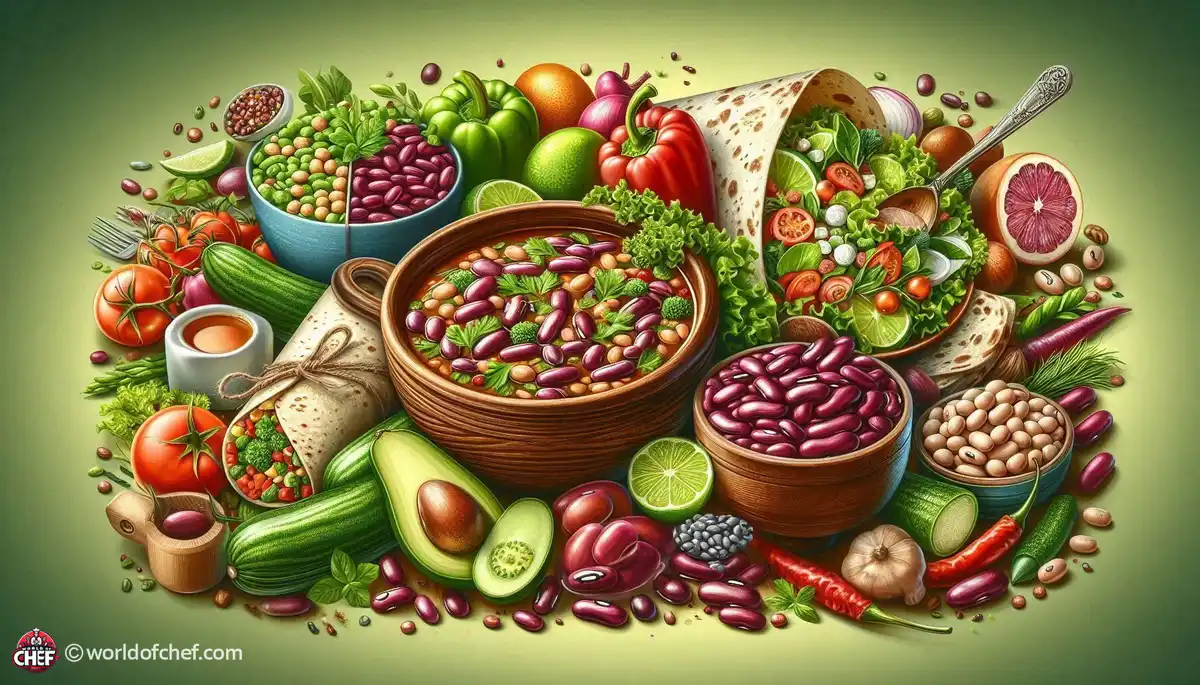
Harold Turcios - Mar 19, 2025 - 7 min read
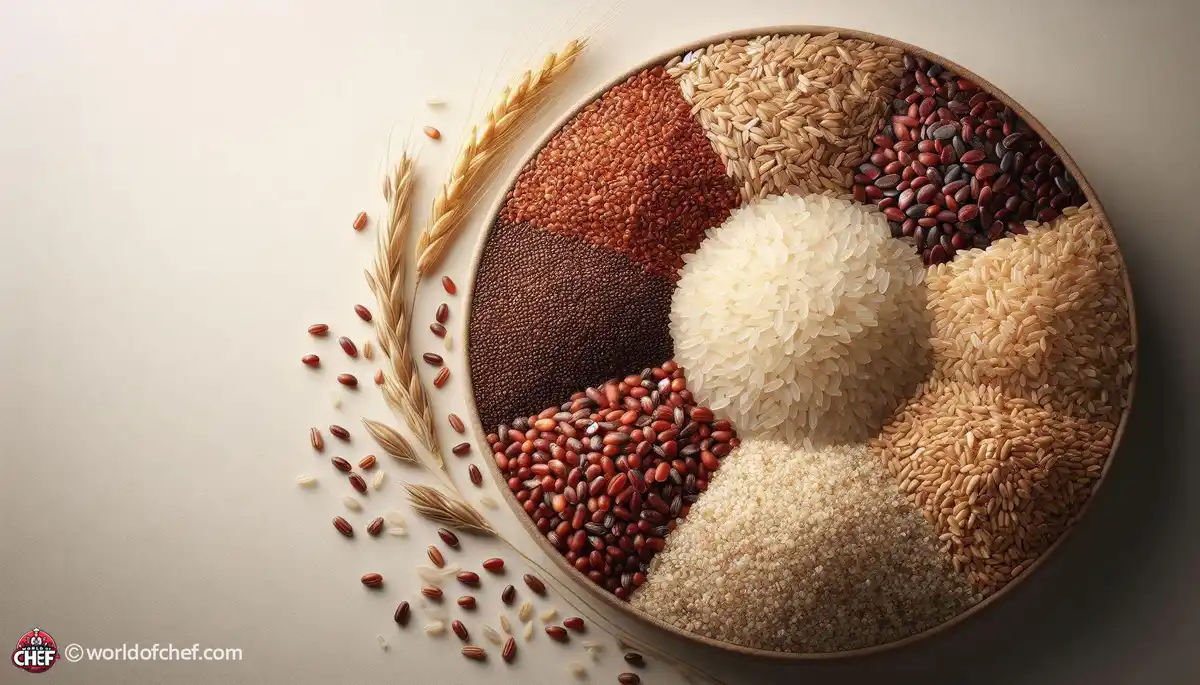
Nevaeh Zeng - Mar 16, 2025 - 6 min read
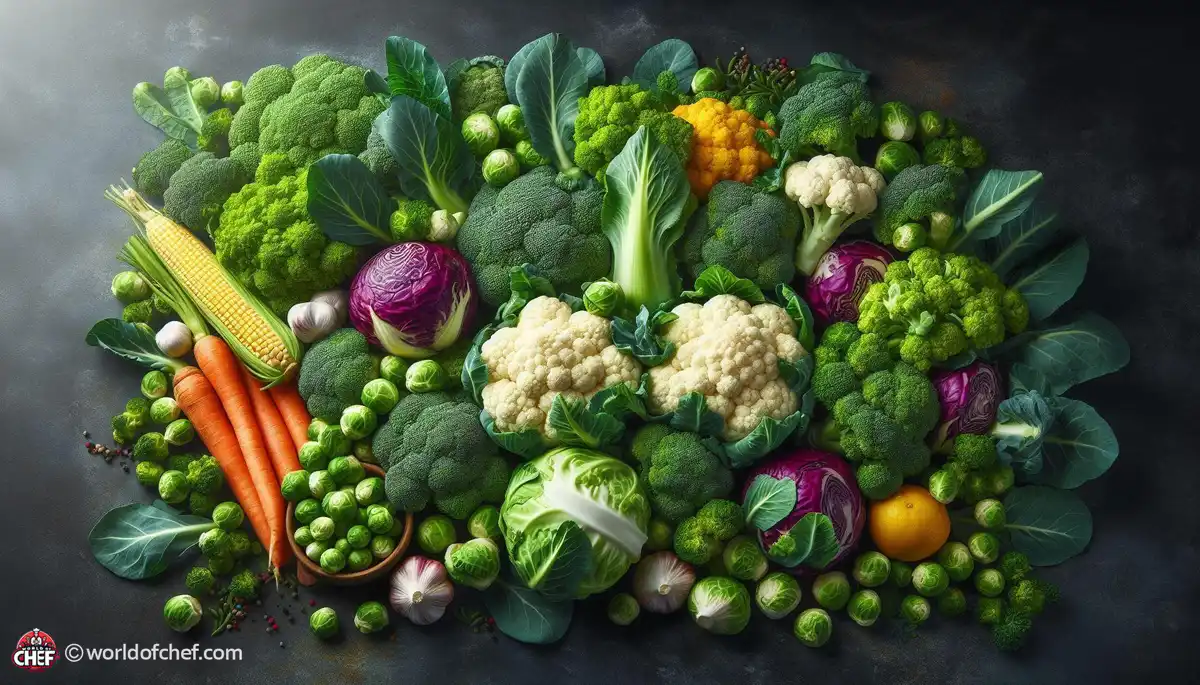
Nevaeh Zeng - Feb 20, 2025 - 7 min read